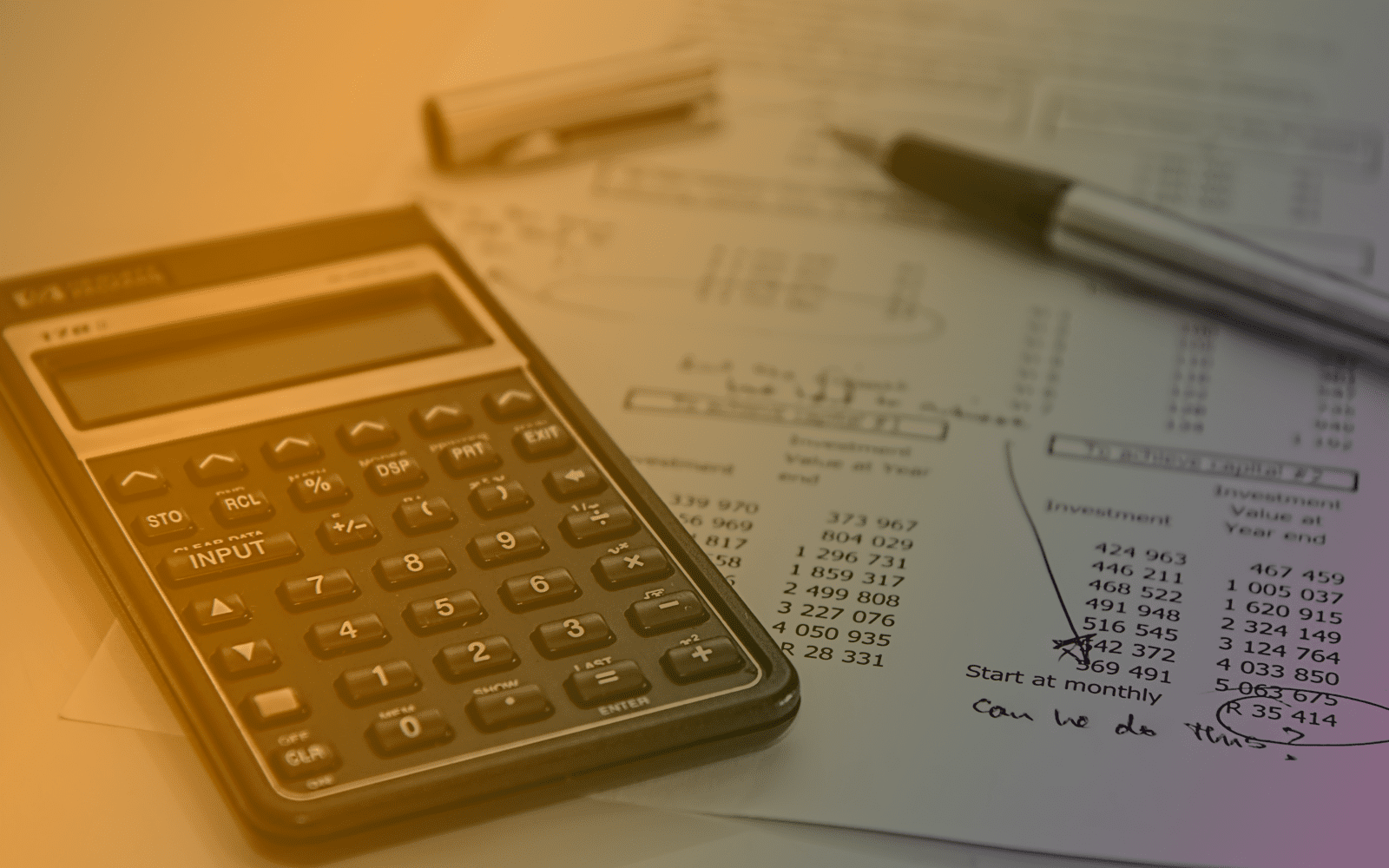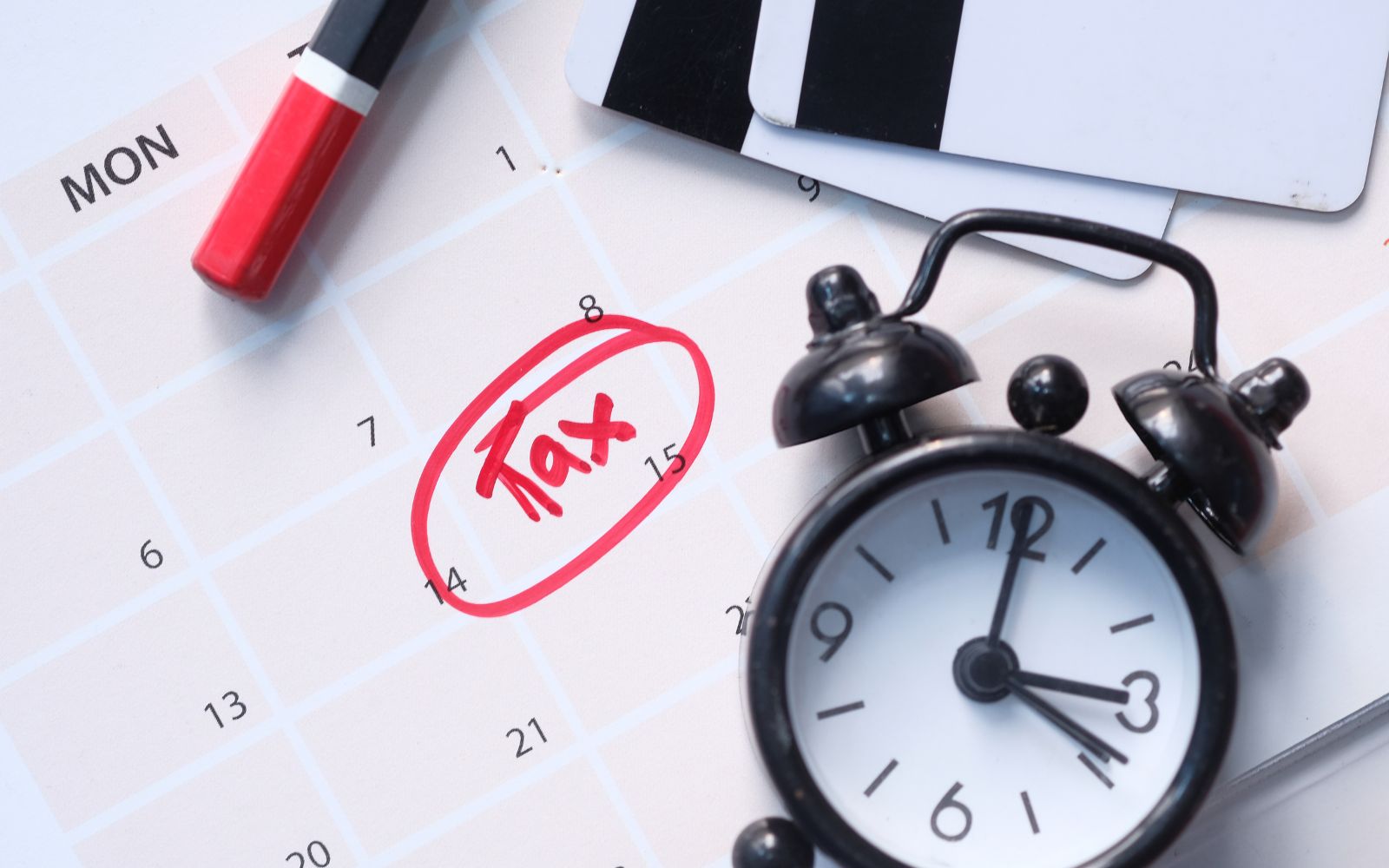The importance of keeping good business records

Regardless of whether you’re running a business as a sole trader, in partnership or as a limited company, it’s vital to keep complete and accurate records of your business transactions. This way you’ll be sure to pay the correct amount of tax to HMRC and avoid unwanted fines.
Business records for the self-employed
If you’re self-employed, you’ll need to complete records of your business income and expenses. Where the business is operated in partnership, this responsibility falls on the nominated partner.
It’s important to keep accurate records of:
- all sales and income
- all business expenses
- VAT records (if the business is VAT registered)
- PAYE (if the business has employees).
Records are not only vital in order to calculate a company’s profit or loss, but they may also be required to support the figures included on the tax return should HMRC ask questions.
Keeping records of expenses simply ensures that nothing is overlooked and tax relief can be claimed as appropriate.
It is, however, important to retain proof of expenses, for example:
- receipts
- bank statements
- sales invoices
- purchase invoices
- till rolls
- paying-in slips.
In addition, keeping good record of your expenses can prove important for budgeting and forecasting, as it might allow you to identify unnecessary expenses that might otherwise go unnoticed.
Limited companies
Where the business is operated as a limited company, records of income and expenses must be kept as for a sole trader.
It’s important to record income, expenses, debts owed by and to the company, details of goods brought and sold, details of stock and records of stock takes, etc. (Something our accountants can certainly help you with!)
Records must also be kept about the company itself, including details of:
- directors and shareholders
- minutes of votes and resolutions
- details of any charges on the company’s assets, debentures, indemnities.
The company must also keep a register of people with significant control. Broadly, this is defined as anyone who has more than 25% of the voting rights, who can appoint or remove a majority of directors or can influence or control the company.
How to keep records
For most businesses it’s now mandatory to keep digital records. Those that are VAT registered and whose turnover is above the VAT registration threshold of £85,000 need to comply with the requirements of ‘Making Tax Digital for VAT’ from the first VAT accounting period beginning on or after 1 April 2019. This of course means keeping certain VAT records digitally.
Wherever it’s not compulsory to keep digital records, then instead records can be kept on paper, using software packages or on spreadsheets.
How long to keep records
If your self-assessment tax return is filed on time (before the 31st January deadline), then you should keep records for at least 22 months from the end of the tax year – or 12 months from the filing deadline.
If you file your return late, make sure to retain your records for at least 15 months from the date the return was submitted.
Beware penalties
HMRC can charge penalties for the failure to keep accurate records. A company director can be fined £3,000 or disqualified for the failure to keep proper accounting records.
The information available on this page is of a general nature and is not intended to provide specific advice to any individuals or entities. We work hard to ensure this information is accurate at the time of publishing, although there is no guarantee that such information is accurate at the time you read this. We recommend individuals and companies seek professional advice on their circumstances and matters.




